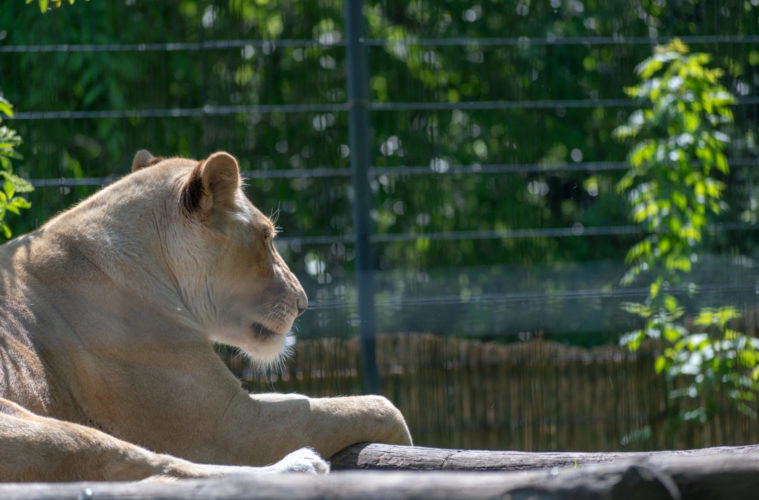We share the earth with millions of majestic species. As much as we want to see each and every one of them, it’s impossible to do so. Thankfully, some of these animals can be found in zoos. They’re there for many reasons — mainly for research and rescue. Sadly, there have been several zoo theft cases around the country recently, and it’s alarming to think of these creatures’ safety as they’re taken from their habitat (enclosed or not).
Recent Zoo Thefts
Dallas Zoo staff at first thought that their animals had gone wild. When one of their leopards was found wandering around zoo grounds a few weeks ago, they immediately ushered it back to safety. Then 12 of their monkeys went missing as well, and zoo officials suspected that the animals escaped their enclosure. But that wasn’t the case at all — after several weeks of missing animals and a thorough investigation, a suspect was eventually arrested for stealing the zoo’s animals.
The Dallas Zoo thief was arrested when he was found wandering around Dallas World Aquarium, acting suspiciously. According to his affidavit, he claims to be an animal lover and that he’d steal animals again if he gets out of jail (on a $25000 bond). But it wasn’t just the captured animals that he was charged with — he’s also being investigated for the death of a vulture named “Nova” at the same zoo.
Dallas isn’t the only city in Texas that has its zookeepers on high alert. The Houston Zoo’s children’s area was also reportedly vandalized — someone cut a 4-inch gap where the pelicans are kept. And in the neighboring state, Louisiana, 12 squirrel monkeys were stolen in Zooisiana; a 61-year-old man was eventually arrested.
Zoos: Prison or Sanctuary?
It’s unclear whether or not the zoo thieves intended to harm the animals they stole or if they wanted to “rescue” the creatures from the enclosure they were inhabiting. Most people would agree that — most of the time — animals are better off in their natural habitat, and the use of exotic animals for entertainment purposes has provoked outcries for some time now after reports of countless deaths to both humans and animals. The infamous male orca whale named “Tilikum”, for example, was involved in three human deaths (including that of his trained) and became the subject of a CNN documentary that claimed orcas in captivity become unnaturally aggressive. This generated controversy as many protested the reason for Tilikum’s captivity in the first place.
Keeping animals captive for human entertainment can be counted as mistreatment. But there are times when animals desperately need human intervention. Yes, the manmade circumstances that eventually led to the death of P-22 (California’s beloved mountain lion) could’ve been prevented. However, euthanizing P-22 may have been the last resort to end the creature’s suffering. Had he not been captured, the cat would have suffered a more agonizing death.
Zoos are critical to the survival of some animal species that are threatened by extinction. Without them, endangered animals like tigers, elephants, giant pandas and many others may be wiped from the earth. In addition to legislation preventing the personal keeping of exotic animals, education to encourage responsible pet ownership, free-roam sanctuaries, wildlife protection laws, rescue organizations, and re-population programs, zoos play a vital role in protecting the global variety of animals for our environmental health and enjoyment.
To Bring Things to a Close…
It’s never an option to rescue animals yourself — no matter how much you care for them. Zoo thefts are on the rise right now and officials fear that copycat crimes might occur. They worry that some might get an idea from the thieves involved in the Dallas Zoo and Zooisiana cases. These wild animals are better off in the hands of those who are trained to take care of them.
That said, there are cases when animals are better off alone but there are times when animals need human intervention in order to thrive. Some animals need to be rescued because their habitat is no longer habitable — some people sadly poach, hunt, deforest, and poison the waters for a variety of reasons. Others are swarmed by diseases, lack genetic diversity, were abandoned, or were mistreated. They need mankind’s help, and zoos are at the forefront of this effort.
Advertising disclosure: We may receive compensation for some of the links in our stories. Thank you for supporting LA Weekly and our advertisers.

